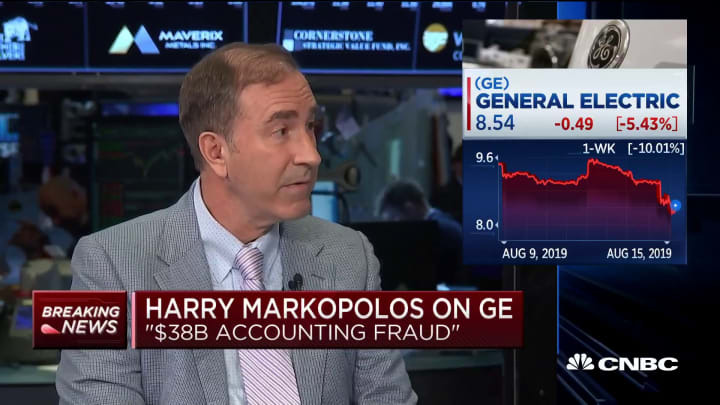
Boston, MA – In October, General Electric (GE) confirmed receiving a Wells Notice from the Securities Exchange Commission (SEC). This indicates that authorities are looking into possible violations of securities laws by the industrial conglomerate. The SEC wants to know how GE accounts for the run-off of its insurance businesses within its Capital unit. A run-off is a sudden reduction of portfolios. With a series of Securities’ investigations, what is the future of General Electric?
A Wells notice allows GE to address the issues raised by the SEC. This notice is not a formal allegation or a finding of any wrongdoing. Based on GE’s response, the SEC will determine whether to commence enforcement proceedings. While disagreeing with the SEC’s claims, GE has agreed to fully cooperate under the Wells Notice process.
A history of regulatory scrutiny against GE
GE has faced tight regulatory scrutiny since 2009 when the firm agreed to pay $50 million in a settlement with the SEC. Allegedly, GE misled investors by reporting false and fictitious returns in their financial statements.
The current investigation is a result of GE’s 2018 financial disclosure where GE revealed a $6.2 billion insurance loss. In GE’s defense, the company claims that “If the SEC were to authorize an action against GE, it could seek an injunction against future violations of the federal securities laws and the imposition of civil monetary penalties.”
In 2019, Harry Markopolos, an independent auditor and accounting expert, first found issues around Bernie Madoff’s white-collar crimes. As a reminder, Madoff is an American former market maker, investment advisor, and a convicted felon. Markopolos then accused GE of reporting false information to flatter their balance sheets. GE vigorously denies these charges.

Markopolos has been calling GE, “a bankruptcy waiting to happen.” According to Markopolos, GE needs about $18.5 billion to help its reserves. Additionally, GE would need another $38 billion to fix other accounting issues.
On November 1, 2020, in its quarterly report, GE indicates market gains. However, investors are obviously reacting negatively to the possibility of legal action against the company. GE has not pleaded guilty. Still, the company confirms that GE Capital will be making $15 billion payments over the next seven to ten years. GE Capital is GE’s financing arm.
GE is also under the SEC’s scrutiny due to other accounting practices including revenue disclosures. GE calls the accusations “meritless.” Nevertheless, GE’s sales have drastically gone down.
Has GE committed accounting fraud and if so, what will GE’s earning projections be moving forward?
Thumbnail Credit: Shutterstock/CNN Money
Sources:
- GE – Quarterly report, November 1, 2020
Afia is a lawyer, journalist, an avid traveler, an avid reader, a foodie, and an amateur singer. She enjoys instrumental music with her glass of wine ?






